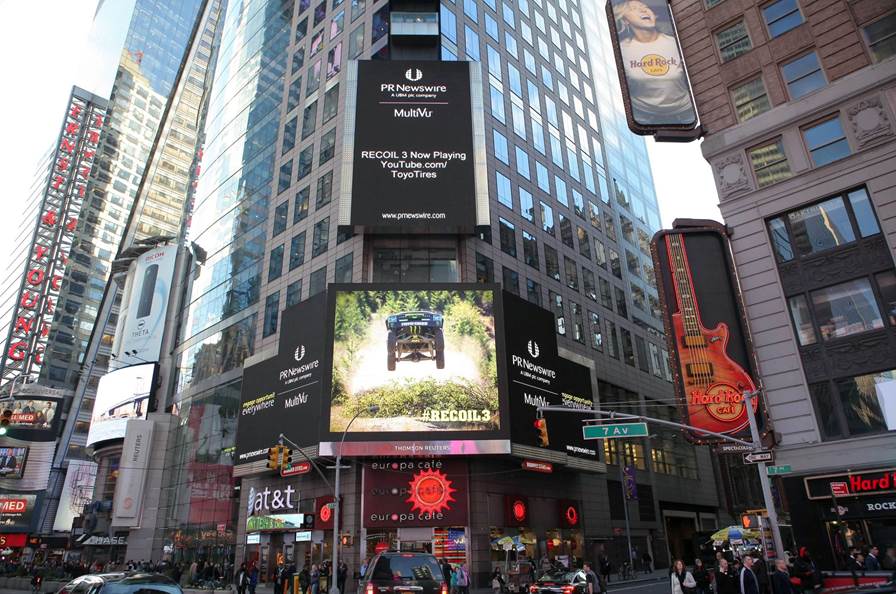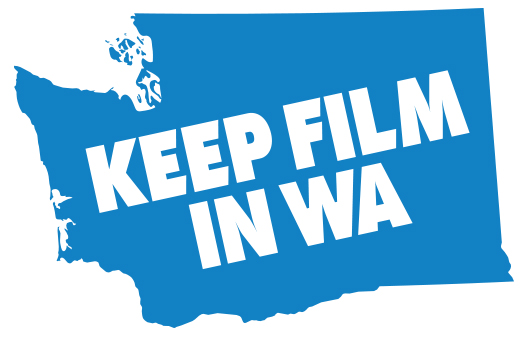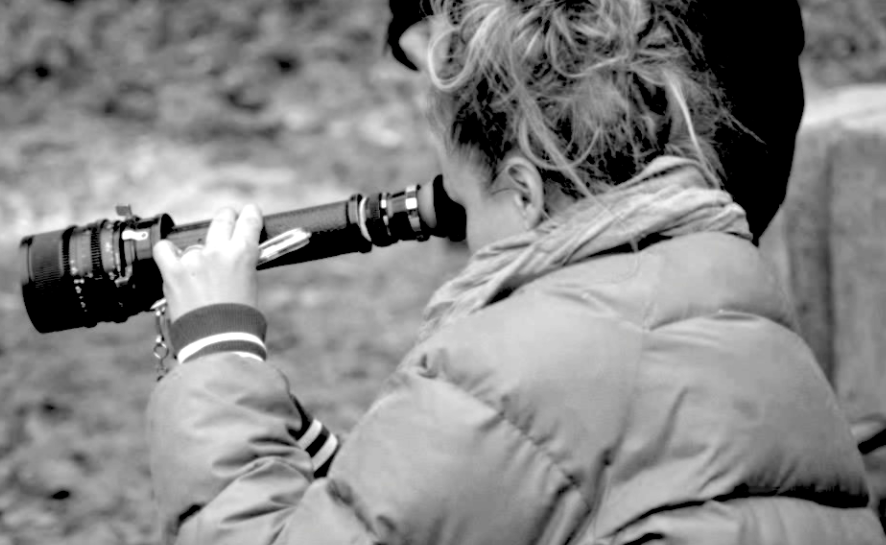Often when people think about the work of Washington Filmworks (WF), the incentive program is what first comes to mind, but what they may not realize is that WF also is the official state film office. Last year, the film office received 318 calls from directors, producers and studio executives looking for information about how and where to film in Washington State. 37% of these calls were converted to business right here at home, generating an esimated total of $7.2 million of direct spend in communities across the state.
George Riddell, from the Seattle-based BigHouse Production, writes a compelling letter about the importance of not only saving the production incentive program but the film office as well. Read below for his open letter, previously published on the BigHouse Production website and reproduced here with the permission of the author.

George Riddell of BigHouse Production
Did you know that Washington lawmakers may be legislating the state film office out of existence? Unlike in previous years, failure to pass the Motion Picture Competitiveness Program bill this year will force the program to sunset on June 30, 2017. This will not only end the current film production incentive, but it will force the closure of the vitally important Washington State Film Office and the layoff of all paid employees. This issue is not just important to the state’s motion picture industry. Anybody who works in advertising, corporate marketing, public relations, local media, or anybody with an interest in maintaining a healthy creative ecosystem in Washington should be alarmed.
You probably weren’t aware of this aspect of an ongoing issue that the state’s filmmakers have been working on for years. Until now, the push by the state’s motion picture industry has been focused on preserving and growing our state’s film production incentive—and it still definitely is. But this year, the issue has changed. That’s because the current program is scheduled to end on June 30. That’s when the original legislation that established the program is scheduled to sunset.
The film industry’s multi-year effort has been led by Washington Filmworks, the nonprofit organization that manages the state’s incentive program. Washington Filmworks also serves as the Washington State Film Office, a function that exists to support any and all motion picture projects—in-state and out-of-state, regardless of their interest in, or qualifications for the film incentive. The State Film Office fields hundreds of inquiries from producers, filmmakers, advertising agencies, and others about everything from locations to film permit application processes in the state. They also collaborate with over 100 film liaisons and film offices across the state, in places such as, such as Seattle, Spokane, Shoreline, Wenatchee, Bellingham and Burien (yes, there is a film office in Burien).
Perhaps the most important function of the State Film Office is “pitching” the state as an ideal setting for motion picture or commercial filming projects. This takes place at trade shows and film festivals around the world, and over the phone almost every day. Last year alone, the State Film Office received 318 filming inquires which generated $7.2 million of direct spending in communities across the state. These are projects that might have filmed elsewhere. But they decided on Washington because of the State Film Office.
These projects result in local jobs and economic stimulus in every region of Washington. Eliminating the State Film Office will decimate vital resources, including the location database – repository for tens of thousands of digital images of film locations from across Washington. Curation of this database is another critical function of the State Film Office. In-state and out-of-state productions make frequent use of the images and information in the location database. Additionally, the office provides guidance and information to film producers about permit requirements in various jurisdictions, as well as details about the state’s production service providers such as caterers, crew members, equipment rental companies etc.
Small But Mighty Film Incentive
Washington’s incentive is small by the standards set in other states (and provinces). Washington’s annual $3.5 million cap on attracting feature film and TV series projects is dwarfed by gargantuan funds in Georgia, New York, New Mexico, California and British Columbia that each easily exceeds $100 million per year. Even Oregon’s $14 million incentive fund is substantial enough to sustain three TV series and multiple feature film productions each year. But even at just $3.5 million a year, the incentive program is an important tool to land new business.
Washington’s $3.5 million fund provides enough money to incentivize the producers of the hit Syfy series “Z-Nation,” a post-apocalyptic zombie drama now in its third year on the network. “Z-Nation,” which is seen around the world is filmed in Spokane and has generated over $8 million in direct spending to more than 100 local businesses, including vehicle and equipment rental companies, insurance businesses, caterers and restaurants, hotels and numerous Eastern Washington retailers. Washington-based cast and crew members for the show (including zombie extras) have earned nearly $12 million in wages, at an average hourly rate of $35.05.
Washington Filmworks has delivered a model film incentive program here that has proven to return $10 for every $1 invested over the past 10 years of its existence. So Washington’s film incentive brings tremendous value to the state and our motion picture industry – employing in-state cast and crew and stimulating our economy. And as Washington Filmworks and the state’s film industry have been saying for years, this incentive deserves to be extended AND expanded.
But, we should also recognize the looming threat to the Washington Film Office. This is a vital resource for the industry it serves, and few people (including legislators) understand that this entity is at risk of being eliminated by the failure to pass the current legislation (HB1527 and SB 5502).
Calls and emails to state legislators can be helpful ways to inform them about your concerns. Use this link to find your legislative district and the contact information for your Washington State Representatives. Then let them know you support passage of HB 1527 and SB 5502 – the Washington Motion Picture Competitiveness Program.
Call to Action:
Please contact your legislators today and remind them that if the Motion Picture Competitiveness Program (MPCP) is allowed to expire on June 30—just a few weeks away—then, in addition to losing the film incentive, Washington will also become the only state in the nation without a state film office. Please urge your legislators to prevent this from happening, by including an extension of the MPCP in the final budget.










